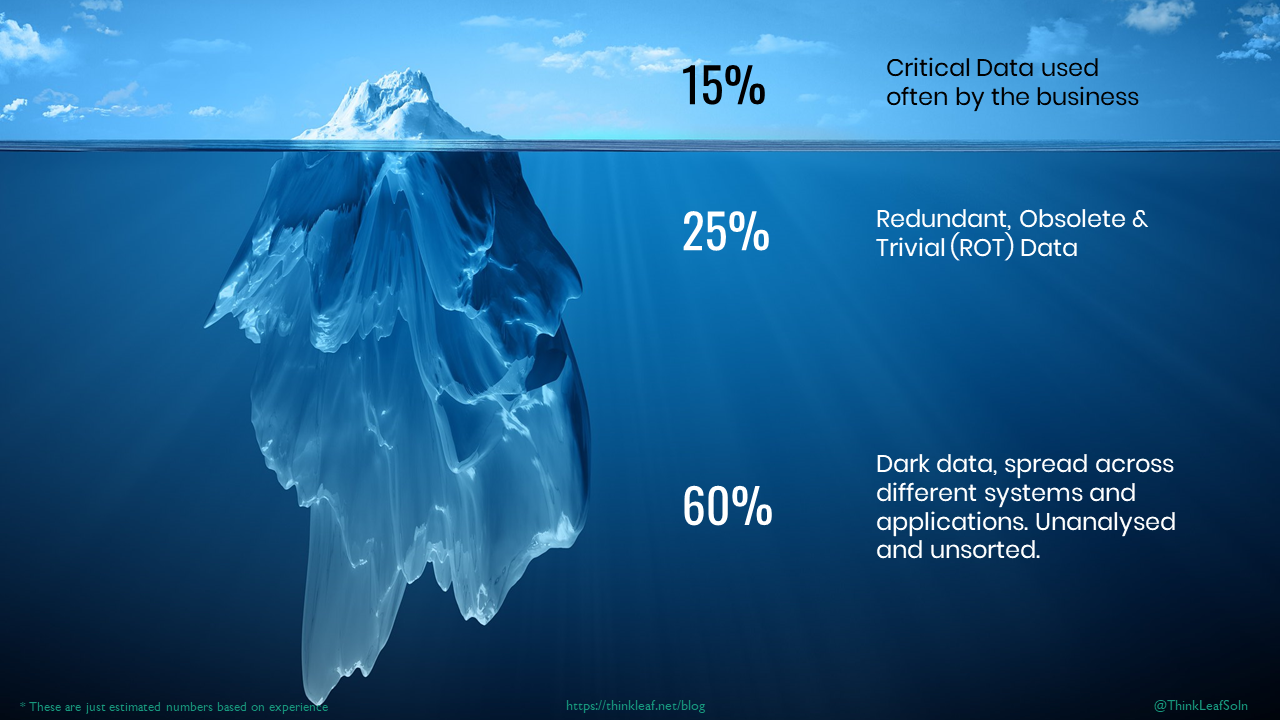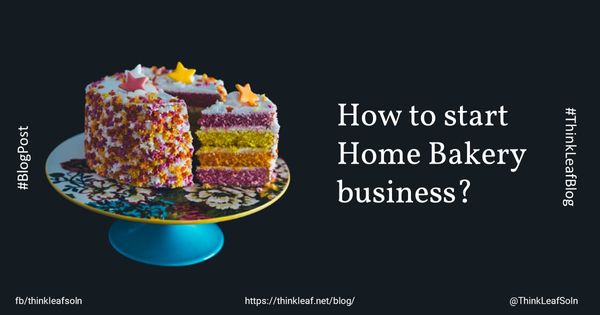In the vast ocean of data that surrounds us today, there exists a hidden realm. A mysterious and enigmatic world exists known as "Dark Data." Much like the uncharted depths of the sea, this unexplored data has the potential to reveal invaluable treasures for those who dare to venture into its depths.
Before we understand what is dark data, we need to understand data first.
What is data?
Data is defined as facts and statistics collected together for reference or analysis. Now if you look at the meaning of data (as per Google) it means "facts and statistics collected over a while which we can make use of for reference for the analysis."

But do we use the data we collect?
In our day-to-day lives, we create data. It is created from the time we get up to the time we sleep. It comes in varieties and categories. But today we shall delve into Dark Data.
What is Dark Data?
We collect data consciously or unconsciously. It is subconscious since we do not look at it. If we look into the data we collect we can make decisions based on it. If we collect the data and analyse it, we can gain insights.
Dark data is the data collected, processed and stored without any analysis. It is often collected in daily activities but no attention is paid to it. Dark data is unanalysed data.

For example, we might have the number of sales we are making. Also, we may have the number of customer visits to a store. But this information about the number of visits goes unprocessed.
What is the cost of dark data?
Dark data has a cost attached to it. The cost will vary from a few hundred to a few thousand dollars. The cost will depend on various factors such as storage medium, time and reasons.
For example, the data collected can be stored online on servers or offline on paper. It occupies space. It can be stored for say a period of 5 years as per some regulations. This contributes to the cost.

Who coined the term Dark Data?
The term was coined by Gartner - a well-known consulting firm. It states that dark data is the information assets organizations collect, process and store during regular business activities, but generally fail to use for other purposes.
This data is produced stored and kept for long periods but it is not used. (Source: Dark Data Glossary Page)
How Dark Data is formed?
Organisations store their data across different systems or applications. These systems and applications do not have any sync feature. Also, the data is varied and is not uniform.
For example, in a small organisation having 10 employees, sales data is stored in an Excel sheet. The accounting data is stored in Tally. Moreover, this system and application do not support each other for seamless sync.
In larger organisations, in case there is not a single CMS across the verticals then there is a huge data gap. Data is created within each department. In the absence of a CMS, this data is not shared. The management thus is in a blind spot.
Analysing data from different CMSs requires connecting them through some medium. If there is no connection between multiple CMSs then the data is collected but never analysed. This leads to the generation of dark data.
Dark data is generated every day across organisations small and big. It is present in almost every organisation. It is that part of that iceberg that is under the water.
How Dark Data can be used?
Most of the data is never analysed. According to IDC, 90% of the data generated is never analysed. Thus, dark data is like a hidden iceberg. The tip of the iceberg is being analysed and used for decision-making. And the dark data is hidden beneath.
Dark data can be analysed. With the analysis, we can have insights. Insights from the data we have already produced but had left earlier.
Analysing this kind of data requires tools. Tools that can help us to process the data and present a meaningful analysis. The presentation of data can be in the form of different charts figures and insights.
The business can derive benefits from the analysis of such data. Maybe geolocation data collected from a sale online can be used to offer specific discounts. Frequent buyers can be catered to with goodies. This can encourage more sales. Unless the data is not analysed we can’t make sense of it.
If we have data on customers coming to our sales offices or stores then we can look into the data at how these people come in, why they come in and what they are looking for when they step into our stores or sales offices. To have these data collected is the task; it is a task that can be done and it should be done on a routine basis.

When data is collected from people who come to a store then we can look into it what they are looking for, we can ask them why they came down to our store, what they are looking for and if they’re not getting it in our store then we can actually map this data and refer to it later on.
As the definition of data goes, it is a reference over some time. We have seen cases where companies and brands have collected data. And referred to this data to have insights or knowledge about why they do not have the required number of sales or how they can improve their sales by going over this data.
Since data collection is a routine task, we need to have tools that can ease our tasks daily and help us to look into these kinds of data and do the analysis for us.

Large sums of data that serve nothing are useless knowledge. If an organisation or a business analyses the dark data, it can save on costs, improve margins, increase sales and even maybe the efficiency of production units.
To achieve this the management has to take a call to get the analysis done. The analysis is a process and not an event and hence it does take some time depending on how large the data are.
Conclusion
Dark data is an untapped resource which you can benefit from. As a business, you need to understand the data and explore it to utilise and gain profits. Tapping into this hidden realm can be profitable.
What do you think about Dark Data? Does your company or business harness the benefits after analysis? Please let us know your thoughts.
Get an analysis done of your data. You can harness the benefits of your data. Get in touch with us. We can help you to streamline your data and analyse it for you.


